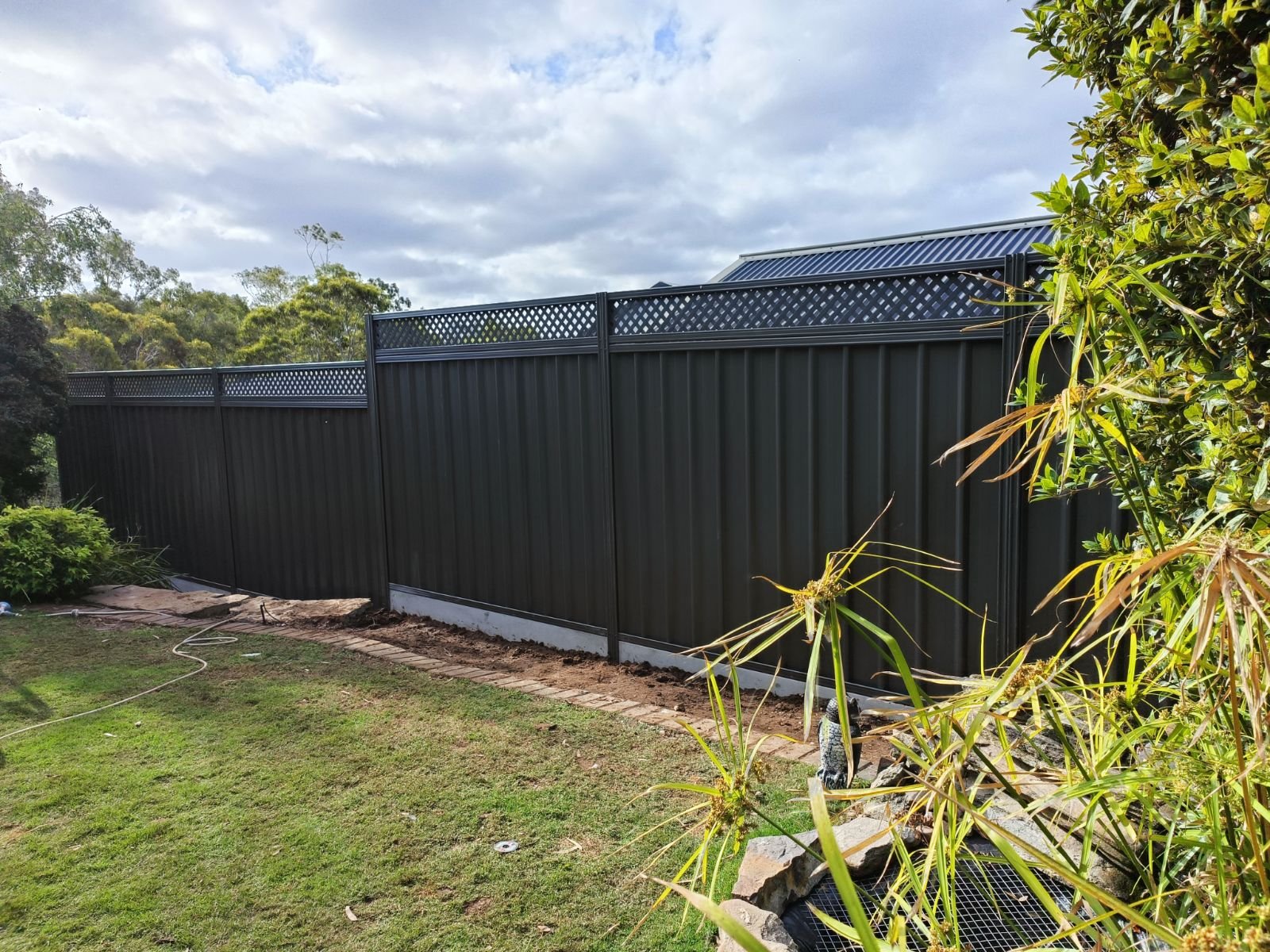What are the requirements and law for a fence in South Australia?
Fences and the Law
Boundaries and fences by Government of South Australia
Talk to your neighbour first This booklet answers common questions about dividing fences and explains the legal procedure you need to follow when you want to erect, replace or repair a boundary fence in South Australia. While the legal procedure is important, so are good neighbourly relations. Before starting the formal procedure, talk to your neighbour because your plans will affect them. A friendly approach may help you to reach an agreement quickly and easily and avoid unnecessary conflict.
Do I need my neighbour’s consent?
Fences should be regarded as a joint asset between neighbours. Even if your neighbour has not paid for the fence they are still a joint owner. This is because a fence on the boundary is legally considered to be part of the land on each side.
If you intend to remove or alter an existing fence, you should have your neighbour’s permission or a court order. If you want to put up a fence where there has not been one before, your neighbour has a right to object. It makes no difference if you intend to pay the total cost. It is therefore sensible to talk to your neighbour first. Your neighbour does not have to pay anything towards the fencing work unless:
• they have agreed to,
or • the proper procedure has been followed,
or • a court orders them to. Getting their consent is the quickest and easiest way. If there is a problem in getting your neighbour’s consent, consider mediation. Your local community mediation service may be able to arrange a meeting for you both to discuss the options with a mediator who can help you agree. See page 23 for more details
Must we have a fence?
The law does not usually require a fence between neighbours; most people simply agree to have one. However, the courts generally consider it reasonable to have a fence and to keep it in good condition. In particular cases, a fence can be legally required.
For example:
• some housing developments have restrictive covenants controlling fencing
• swimming pools must be fenced
• dog owners have a duty to prevent their dogs wandering at large, so if the dog goes outside, the yard must be fenced
• fencing may be required as a condition of council planning approval. The wall of a building is not legally defined as a fence, though if it is on a boundary it may make one unnecessary. If the building is removed, the owner is not necessarily obliged to fence the gap. What is fencing work?
Fencing work is defined as the erection of a new dividing fence, or replacement, repair or maintenance work in relation to an existing dividing fence. The cost can include any work reasonably required to facilitate fencing work such as a survey or clearing vegetation. If you do any of the fencing work yourself, you can include a reasonable amount for your labour.


